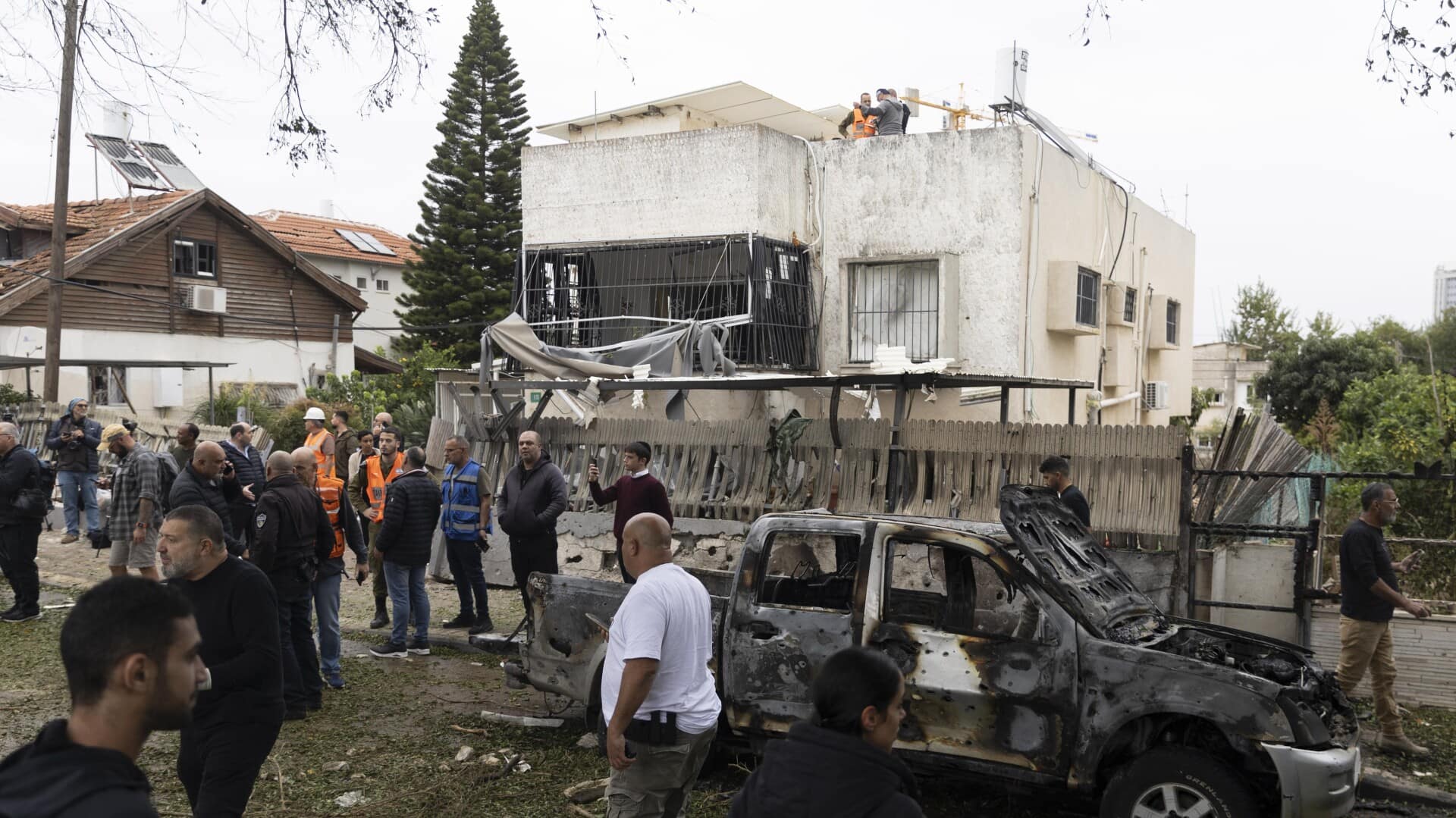
Explained: What's in the ceasefire deal between Israel and Hezbollah
What's the story
The Israeli war cabinet will vote on a possible ceasefire deal with Hezbollah after Prime Minister Benjamin Netanyahu approved the deal in "principle."
The US-brokered deal offers a 60-day truce to end hostilities between Israel and Hezbollah in Lebanon.
The announcement comes as Israeli military continues to strike Hezbollah targets in Lebanon.
Agreement details
Ceasefire deal terms: Israeli withdrawal and Hezbollah disarmament
The ceasefire deal calls for Israeli forces to withdraw from Lebanon, while Hezbollah must end its armed presence south of the Litani River.
Lebanese forces and a United Nations observer force will be deployed in the area after the withdrawal.
An international committee will be formed to monitor compliance with the ceasefire agreement and UN Security Council Resolution 1701.
Sovereignty concerns
Lebanon's role and potential Israeli strikes in the deal
Under the agreement, Lebanon would supervise arms purchases and production to prevent weapons from reaching Hezbollah.
However, Israel wants permission to strike if they perceive a violation of the agreement by Hezbollah.
Lebanese officials have expressed concerns over this condition, arguing that it would infringe on their sovereignty.
The US has proposed allowing Israel to act against "immediate threats" from Lebanon as a compromise.
Oversight and demands
Hezbollah's demands and US role in overseeing the deal
Hezbollah leader Naim Kassem has called for a "complete and comprehensive end to the aggression."
The US will lead the international body overseeing compliance with the deal, with France also participating.
This development comes after months of discussions and intense negotiations.
A US official involved in these talks stated, "We think we have a deal," but clarified that final approval is still pending.
Internal opposition
Israeli officials express mixed reactions to the ceasefire
The proposed ceasefire has received mixed reactions within Israel.
National Security Minister Itamar Ben Gvir slammed the agreement as a "big mistake" and a missed opportunity against Hezbollah.
Benny Gantz, who resigned from Israel's war cabinet, demanded transparency about the ceasefire details for Israeli citizens.
Some residents in northern Israel have also raised concerns about signing an agreement while Hezbollah remains armed.